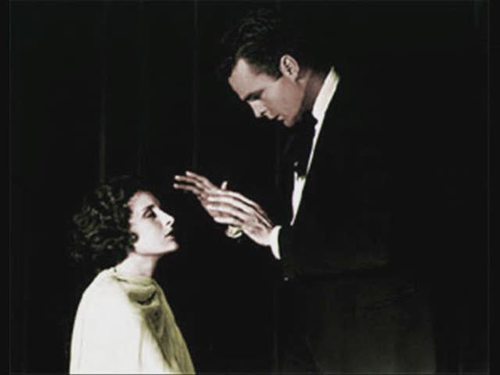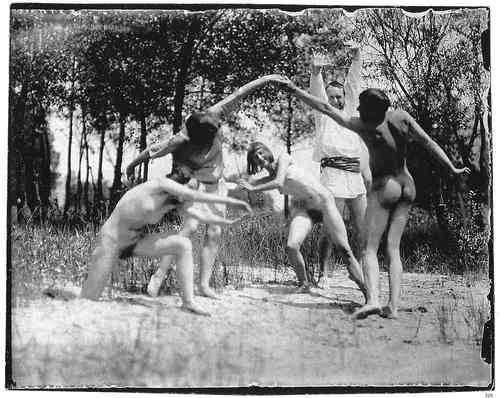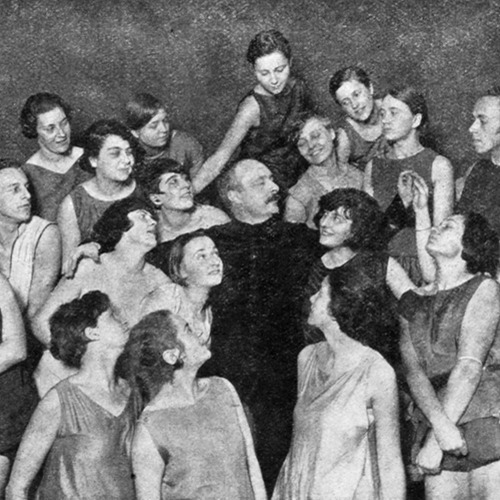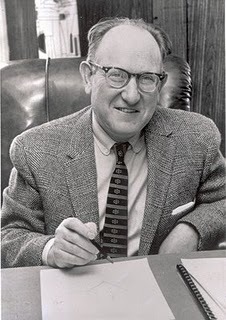I work in commercial film and tv production, often working directly on commercials and other consumer-oriented products, so this concept has been familiar to me for some time.
It's the latest "thing" in corporate propaganda. Oops, I mean 'advertising'.
Actually it's misleading to think of it as merely a tool to sell stuff we don't need to people. Because it's now used as a way to get people to emotionally attach to political parties as well. "Red" vs "Blue", with all its attendant media products that you can pledge your allegiance to, and the "candidates" as well.
It's a big deal. In fact, I would say it is the very essence of American culture today.
How do people define themselves now? By their BRANDS. You see it everywhere. It's even infiltrated Instagram, where "civilian" users of the site who have large followings are recruited to go on swanky sponsored trips by certain Brands, and do their thing, i.e. take photos and put them on Instagram, tagging them in the process. The products then become part of the users "narrative". And "Narrative" is everything. The Bush Administration knew about Narrative, they were really good at exploiting the concept.
I knew we were in trouble when people started shooting each other for basketball shoes and shit like that. Back in the 90's.
It has come a long way since then. Here the post that I mentioned, which describes it quite well:
Say the word “brand” and many think of the logotype of some multinational corporation, advertising or the conspicuous marketing of consumer goods — something of relative importance in our own lives.
The reality is different: brands and the discourse of branding affect everyone living in a consumer society and every single part of our lives.
The process of “branding” can be seen as the underlying psychological engine fueling our economy. It functions as the “symbol system” of today’s dominant neoliberal politics and increasingly globalized discourse.
Brands are highly relevant when trying to understand cultural issues because they “mirror” the collective psyche and hold veiled information about the zeitgeist of our culture.
Etymologically, the word “brand” derives from Old Norse, a Viking language spoken in Scandinavia until the 14th century, where “brandr” meant “to burn.” Later in history, the word came to identify the process of marking cattle, criminals and slaves using a hot iron. Today, branding is still about burning, but now the cattle are the consumers and the marks psychological. Brands today are not created in the world of matter but in our minds.
Speaking psychoanalytically, the brand is an “imago,” a representative psychological image; an amalgam of associations, images and fantasies we have of a product, person or experience. But to give credit to those of you who still equate a brand with its logotype, indeed, it all started there. Branding has gone through a developmental process in its century-long service to our economy and can be divided into the three eras—logos, eros and mythos.
The brand took its first stumbling steps in mid-19th century America; a time when people still defined who they were by what they produced, not consumed. Then, a brand was just as simple as its logotype. The role it played in our economy was that of a signifier of quality, to differentiate a product from that of the competitors, and to “burn” the company name onto its products. Products in this era of “logos” had no real identity because consumption was still mainly about needs, not desires.
The adolescent years of branding—the era of “eros”—began in the mid-1950s with the shift from a traditional society of producers to the modern era of the consumer. The consumption myth that we are still being told today—that supply is driven by customer demand, that the market produces what the consumers want—is built on a false premise. Supply outgrew demand sometime after World War II when an extreme makeover began turning faceless goods into brands and a society of producers into consumers.
The word “consume” has etymological roots in 15th century France when the word “consumere” meant “to use up, eat, waste.” A consumer was someone “who squanders or wastes” in an “act of pillage, looting or plundering.” The word had a rather negative connotation (for example, the old word for tuberculosis was “consumption”).
“Our enormously productive economy demands that we make consumption our way of life, that we convert the buying and use of goods into rituals, that we seek our spiritual satisfaction and our ego satisfaction in consumption,” wrote economist Victor Lebow in 1955. “We need things consumed, burned up, worn out, replaced and discarded at an ever-increasing rate.” He knew that the success of consumer society, emerging at that time, would lie not in it the quality of products, but how well corporations could mold consumers with a specific set of psychological attributes.
Advertising in this era of “eros” gradually changed from stressing product features through text-based copywriting to stressing the emotional gratification a purchase will give you. All of this was achieved through the use of imagery and by stimulating our unconscious, often hidden, desires. Psychoanalytic theory taught companies that people are not only rational but also irrational in their actions; often motivated by unconscious desires seeking pleasure and gratification. Desires whose “raison d’être is not to realize its goal of satisfaction, but to reproduce itself endlessly as desire.” Companies were beginning to invest more money into the design of imagos for their products. “Role-model identities” of what people longed to be, but sometimes lacked in themselves, were now available on the market—with a price tag.
Since then, brands and branding have evolved to suit the post-modern paradigm of today. The post-modern identity is seen as being individually constructed in a continuous reflexive and dynamic process with one’s environment. Never fixed—always changing. The therapeutic project of selfhood, the search for “peak experiences,” became a life project for the secularized, post-modern citizen.
The role for brands in this new world of mythos is no longer to simply infuse desire into goods but rather to construct the narratives, stories, mythologies and lifestyles that people seek in order to control and create meaning in their lives.
Brands become puzzle pieces in the therapeutic puzzle of forming a post-modern identity, a shining persona, a branded self. Through this developmental process of logos-eros-mythos, brands have shifted their role from helping companies identify their products to assisting consumers in building their identities.
We now have what we need to understand brands as complexes and demonstrate the hypothesis that this post-modern dimension of “mythos” might not lead to a “brand utopia” but rather to a contemporary consumer complex—brand neurosis.
— Max Jakob Lusensky, co-founder, The Zurich Laboratory
(Image by Peddy Mergui)






 I LOL-ed at that - what was the reaction from your audience?
I LOL-ed at that - what was the reaction from your audience? 
